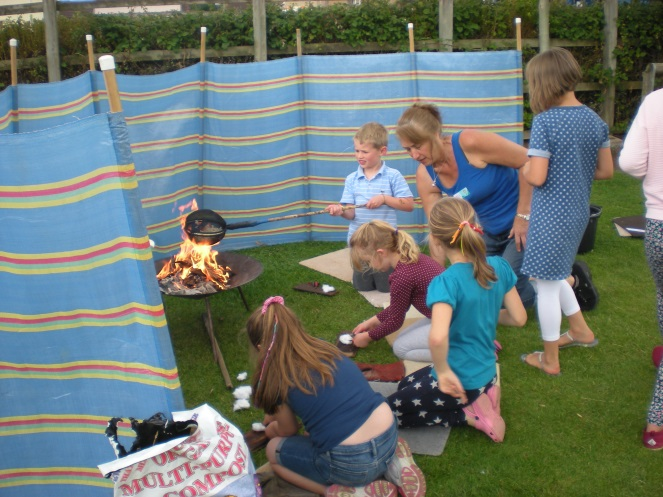Radstock and Westfield Big Local are proud to have funded The Community Bus to deliver holiday play schemes in our area. We asked Mel Clarke how they got on:
How has the funding helped our local community?
This project addressed social inclusion by bringing children together for play and to make
friends. Social deprivation is tackled by the quality of the facilities and activities on offer.
The skills learnt will help to combat the disadvantage of being brought up isolated and poor
which will affect their school and home life in later years.
All the activities were freely chosen and child-led. The upper deck of the double decker was
used for table games, dressing up, construction toys and books. The lower deck was a junk
modelling workshop and sports, games and other, often messy activities were outside the
Bus. The playschemes were run with one member of the team having special responsibility
for inclusion. We worked with a local Parent Support Advisor and a Family Play Inclusion
Worker bringing families needing specific support to the scheme. The playscheme was
advertised at all the local primary schools with flyers distributed locally, to health visitors,
clinics, shops, children centre newsletters and community noticeboards.
This project strengthens community cohesion by bringing local children together, building
trust, and reducing boredom. It is local provision, in areas where there is social housing and
aims to be as inclusive as possible. The play is mainly active, outdoor, traditional play which
encourages healthy outcomes such as improved confidence, independence, positive
behaviour, increased participation, increased physical and mental health. Connecting people
builds trust, well-being and safety for children and families.
Why did you choose to help Radstock and Westfield?
The local authority has identified these areas in need of play provision. The local play
strategy highlights the need to provide rural services. The Community Bus provides services
to families with preschool children (with other funding) in the area and many of these
families have children of school age with nothing to do in the holidays. The families we
reach are low-income families, many without transport so are not able to access the
facilities in the denser populated areas. Public transport is infrequent and expensive. The
children and young people are isolated in the holidays as the lanes are dangerous to walk or
cycle and they are often miles apart from their school friends. Surveys of parents have
confirmed that holiday playschemes are valued and needed by families to help them get
through the long summer holidays. This project will improve the life skills of the children
attending by providing play, sporting and arts activities that they wouldn't otherwise have
access to.
The playschemes are a much-valued service that parents and children say is a life-line in the
holidays. The regulation and organisation of the scheme gives parents confidence to leave
their children and they like the wealth of freely-chosen, child-led activities on offer. It breaks
the isolation of school holidays, encourages ideas for play, gets children away from screens,
brings people together and improves community relations.
The Community Bus operates with a model of delivering services to families with preschool
children during term time and playschemes for 5-12 year olds during the holidays often in
the same villages. The continuity builds trust and confidence and strengthens communities.

